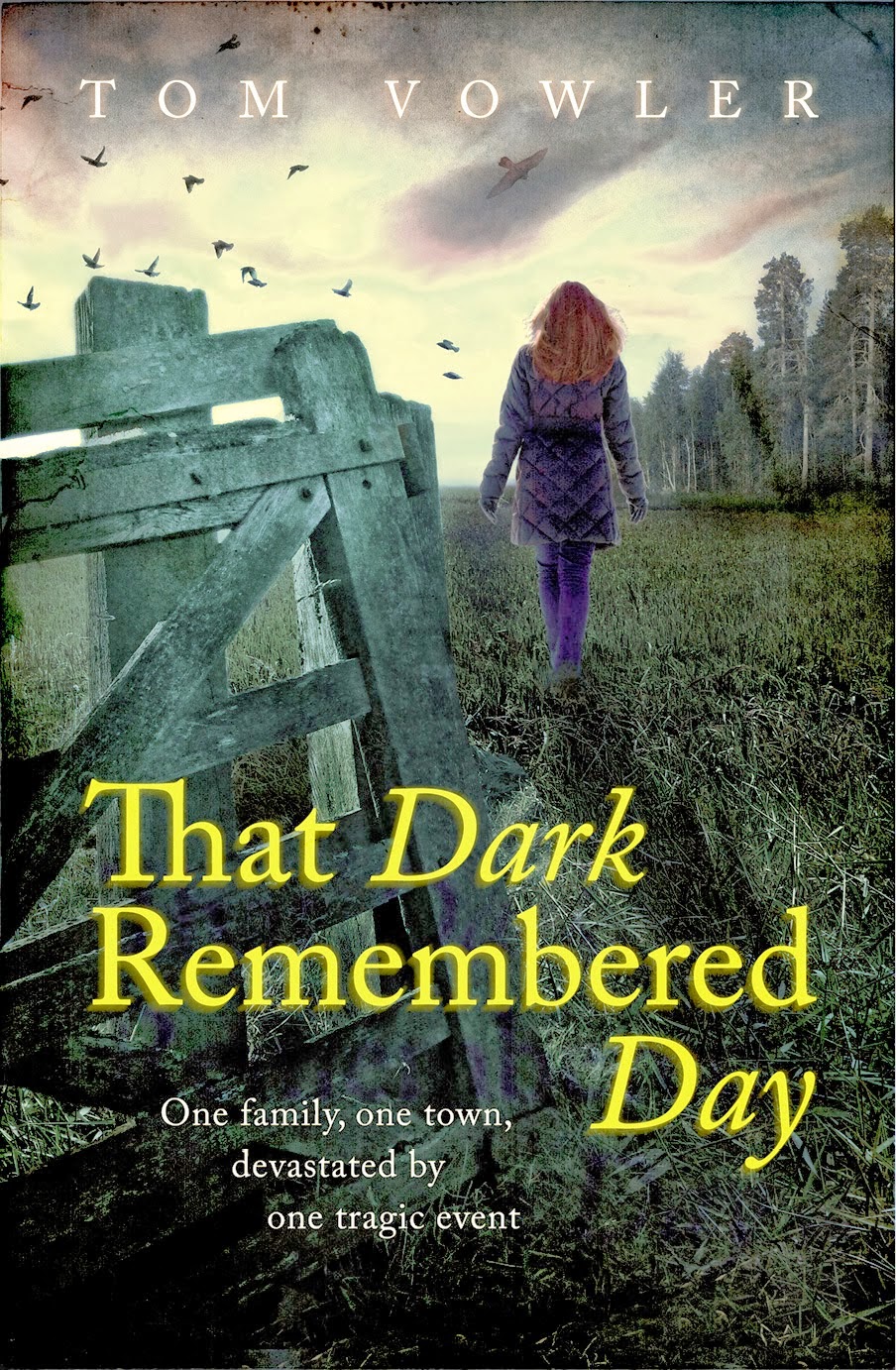 |
| Writer & editor Tom Vowler |
Tom is both novelist and short story writer and he lives in south west England. His debut story collection, The Method, won the Scott Prize in 2010 and his novel What Lies Within was published to critical acclaim. He is co-editor of the literary journal Short Fiction and an associate lecturer in creative writing at Plymouth University, where he’s completing a PhD looking at the role of the editor in fiction. More at www.tomvowler.co.uk
The Author, Naked
To borrow from Orwell: 'Writing a book is like a long bout of painful illness. One would never undertake such a thing if not driven by some demon.' Perhaps too much is made of art’s rigours, its demands – especially by those fortunate enough to make a living from it – but certainly my current novel exacted a personal toll. It took something from me and subsequently a period of recuperation was required. During this brief time out I reflected on the whys of writing, the choice someone makes to spend a couple of years or more alone, on a single project, riddled with self-doubt, with no guarantee of success.
Perhaps
all authors fall into writing, a happy accident resulting from combined forces,
a meeting of opportunity, obsession and a little madness. Certainly I had a
fondness for language, a love of storytelling, despite coming late to books,
but that goes for most readers, most of whom don’t opt for a mimetic approach.
My first dalliance with writing fiction came courtesy of an illness that left
me housebound for a number of years. After watching all the television and reading as much as I could, an outrageous
notion took root: how hard could it be to write a book? Fortunately, in the
beginning, there exists a glorious naivety, utter ignorance of not only how
tough it is to write something of merit, but the improbability it would see the
light of day.
Of
course, first scribblings are generally of little value, beyond the lessons
learned from their attendant mistakes, and that first outing – horribly
overwritten, horribly autobiographical – will, I hope, never find physical (or
electronic) form. But I had some small sense of what was involved, what was at
stake, of what it took. And still I went back for more.
Later,
as illness resumed, I turned to the short story – that most demanding of forms,
but one that suited my limited bursts of good health – and fell in love with
its bravado, its thrilling potential. A collection followed, but still the
novel wouldn’t let go, its sprawling palette, its potential for the epic seducing.
Back, then, to extraction. This toll I spoke of. With my first novel, What Lies Within, the research was harrowing at times, yet I managed to maintain a distance from it. But, perhaps because of the subject matter – the horrors of war and its contrails – That Dark Remembered Day was different. Also, for a large part of its composition my health was poor, leaving me unable to work on it more than a few hours a day, often less, the experience an intense and gruelling one. I had also become obsessed with a piece of non-fiction, J. A. Baker’s The Peregrine, which somehow mirrored my character’s immersion in nature during his psychological breakdown. More than ever I mined my own emotional life for this book, method-acting, if you will, from a bank of known traumas as I breathed life and flaws into my characters. It felt like I had given it everything, left nothing on the field, as sportspeople are prone to say. To borrow from Hemingway this time: ‘There is nothing to writing. All you do is sit down at a typewriter and bleed.’ Again I’m reluctant to overplay this: writers aren’t firefighters, nurses, miners. Nobody (other than ourselves) holds a gun to our heads.
Also,
this novel is probably my most lyrical, scrutiny occurring at the level of the
sentence with an intensity I’d not employed before, a morning sometimes devoted
to a single paragraph.
All
of which, I hope, gives the work a greater resonance, makes it a stronger book.
Would I swap the life of an author to have returned those years lost to
illness? The romantic response is No, but hindsight affords a luxurious view. Will
I go back for more? Silly question.


1 comment:
Great piece, I particularly like the imagery of writing as a [painful] extraction. Frightening, yet inspirational.
Shauna.
Post a Comment